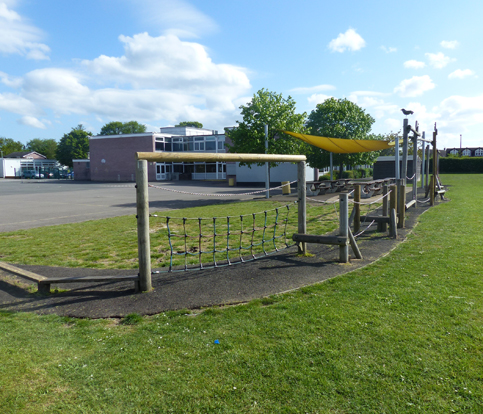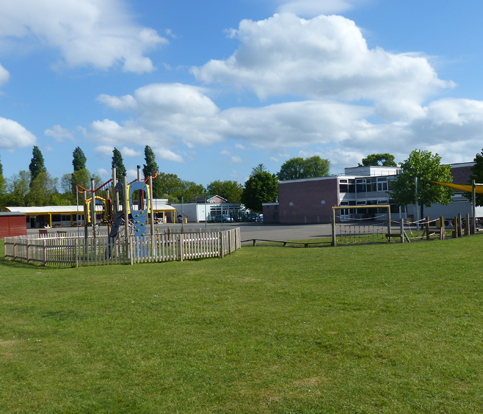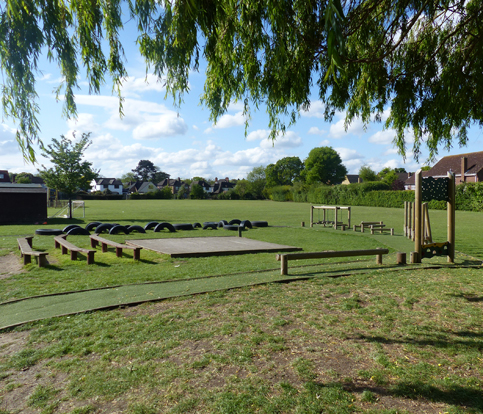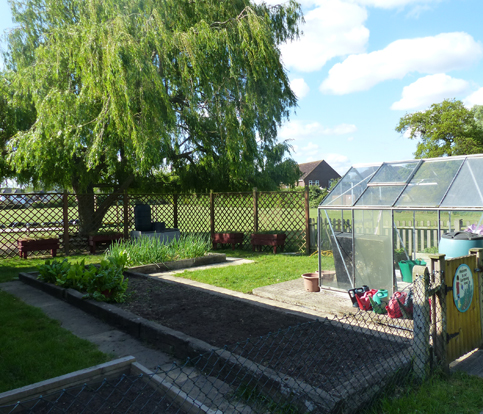Science
At Nelmes Primary School we follow a knowledge and practical science approach. The science topics are informed by the National Curriculum. The intent is to teach a balanced and progressive curriculum so that the children leave with a good science knowledge and practical skills that will equip them for the 21st century.
The aim of our science curriculum is for pupils to:
- Develop a broad knowledge of biology, chemistry and physics.
- Develop their enquiry, investigation, analysis and evaluation knowledge through practical science and to develop questioning about the world around them.
- Understand how science around them has implications on the present and future.
- Develop personal qualities such as perseverance, resilience, patience, aspiration and self-belief through a sense of achievement and success.
The mapping of science across the school shows clear progression in line with age related expectations and the 2014 National Curriculum. Termly objectives build progressively over the year, revisiting skills to ensure mastery.
Children are taught science every week, it is given dedicated time in order for children to develop and embed practical skills and knowledge. In science, children focus on learning knowledge and methods.
To ensure consistency and progression, the school has written a scheme of work based on the objectives set out in the 2014 National Curriculum, which all teachers use to plan lessons from. Topics such as plants are layered across years to enable mastery over time.
All science topics are titled as a question to help develop the children’s thinking about it immediately. Each science topic starts with a pre-assessment so that the teacher can assess the children’s prior knowledge and plan lessons accordingly.
Practice and consolidation play a key role and sequence of lessons are developed to build on knowledge and practical skills. Independent work provides the means for all pupils to develop and apply their knowledge; teachers are able to adapt this learning to meet the needs of individuals where appropriate. Lessons are planned to provide the means to achieve greater depth, with more able children being offered more challenging tasks within the lesson as appropriate.
Teachers have expert subject knowledge and they use precise questioning, assessment for learning and tasks to assess understanding to identify those children who require intervention, those who are ready to develop a deeper understanding and to inform their immediate teaching. In-lesson feedback ensures that misconceptions are swiftly dealt with whilst also allowing teachers to provide challenge. Effective marking of pupils’ work identifies what they have done well and misconceptions.
Cross-curriculum outcomes in science are specifically planned for. There are strong links between science and maths to further contextualise learning.
A post-learning assessment of the topic shows what the children have understood and what they still need to learn which the teacher would take time to address.
The science curriculum and outstanding teaching at Nelmes’ Primary ensures that all pupils are well equipped for their next steps in their education and for life in the 21st century. Pupils have excellent attitudes to learning and are motived and interested learners who understand the importance of being fully engaged in their learning.
Monitoring of lessons and books show that children are given a range of activities from the different aspects of the science curriculum, with children being provided with support and challenge when needed and appropriate.
Effective termly monitoring indicate that children make very good progress throughout the whole school, including those with special educational needs and those who are pupil premium
Science curriculum overview December 2025

















